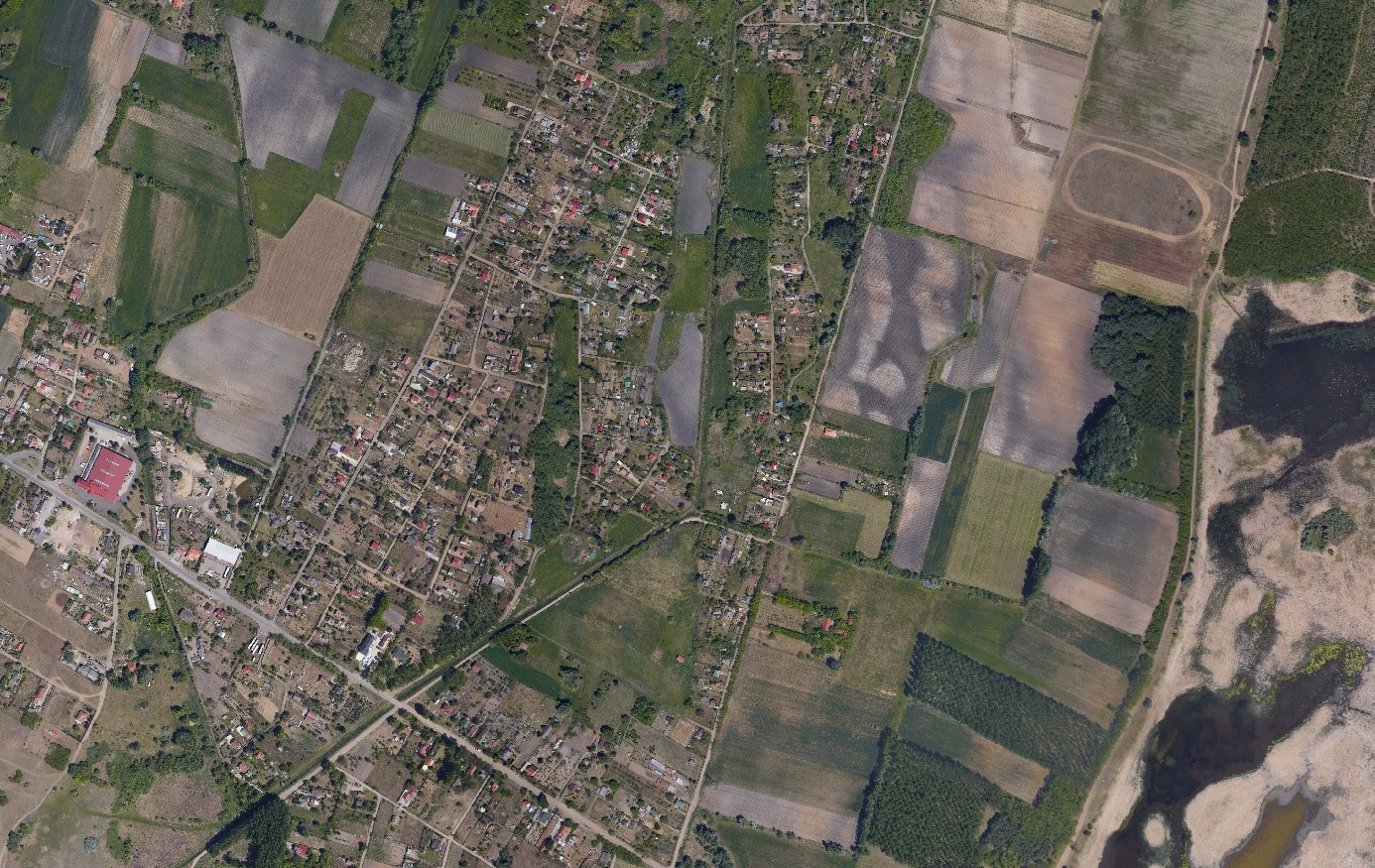
Summary of Phase 2 - Part 4 - Debrecen (HU)
As the end of the second phase approaches, project partners summarise the implementation process of their action plan. Here is the story of Debrecen.
The EU is acknowledged as one of the most urbanized areas in the world, characterized by a relatively dense urban network consisting mainly of medium sized cities. The trend of urbanisation is increasing and the consequent pressure on peri-urban areas has many impacts at environmental, social and economic level: increasing soil consumption, loss of ecosystem services and reduced resilience towards climate change effects, soil speculation. All this has negative impact on economic activities, public health and life quality.
Tackling natural heritage protection in peri-urban areas becomes crucial to guarantee that natural resources are not compromised by urbanization; nevertheless, natural heritage protection is often seen as a constraint to economic growth, making the two concepts antithetic.
PROSPERA’s overall objective is to improve regional policies on protection and promotion of natural heritage by tackling loss of ecosystem services and improve sustainable development in peri-urban areas threatened by urban-sprawl, with the ultimate aim of preventing biodiversity loss, soil consumption and further degradation of natural assets, by in parallel leveraging on these challenges as a way to favor regional attractiveness and economic sustainable development.
To this end, 7 PPs from 5 EU countries (IT-EL-SE-BE-HU) have agreed on 3 leverages as means for a shift from the traditional perspective seeing urban/rural as a dichotomy to a new perspective, where protection of natural heritage fosters economic development in peri-urban areas:
1. Wise governance
2. Eco-lo(gi)cal value chains
3. Sustainable PPP (public-private partnership)
PROSPERA PPs will identify at least 15 Good Practices from 5 regions and, after a process of interregional learning based on Study Visits and knowledge exchange sessions, they will define regional Action Plans to improve 5 policy instruments.
€1,322,643.00
Environment and resource efficiency
LP-P2 will address Axis 3 Competitiveness and attractiveness of the productive system, Specific Objective 3.3 Consolidation, modernisation and diversification of productive territorial systems. In detail, the measure 3.3.2 Support to the development of services and products complementary to the valorization of identified natural and cultural attractors, also through the integration between enterprises from culture, tourism, creative value chains, and traditional & typical products.
This policy instrument has been chosen, because PROSPERA intends to improve policies to protect & promote natural heritage by leveraging on the creation of new jobs and businesses oriented to the safeguard and promotion of ecosystem services.
Even if Axis 3 refers primarily to SMEs competitiveness, it should be noted that Measure 3.3.2 is perfectly in line with PROSPERA vision, as it considers the integration between enterprises from culture, tourism, creative value chains and traditional products as a key lever to support the valorization of natural heritage. The PI addressed foresees also a connection with the valorization strategy underlying the priority 5 (cultural and natural resources) and 6 (Attractive cities).
This PI sets out the vision of the spatial development of Ghent’s territory to tackle the future challenges of the city: growing population, migration, mobility, climate change, energy, economic transformation and growing welfare and the consequences in the use of land.
Main concepts are:
Water and soil
Green-blue networks
Interconnected network of cycle/walking paths for good accesabillity
Merging of work, entrepreneurship & innovation in space
These form the framework for future development projects and issuing permits.
But a rather abstract theoretical framework is not agile enough to respond swiftly to new tendencies, especially concerning open space in the peri-urban area. For ex. the development of green infrastructure is obstructed by the upcoming privatisation of open space in the peri-urban area(lack of executive instruments to tackle such challenges). A key challenge is land management. As the city of Ghent is expanding, there is a growing consumption of land as well, especially in the peri-urban area. This causes many adverse effects such as the loss of biodiversity, the loss of fertile soil and the fragmentation of landscapes and open space. However, in order to be able to provide the necessary ecosystem services (food production, water management, biodiversity, temperature regulation, carbon fixation, nutrients management, green infrastructure, habitats and corridors for (threatened) species…)a minimum of qualitative unbuilt space needs to be guaranteed.
IUDS is a medium-term strategy that outlines the main development directions for Debrecen (including Structural Funds projects). It includes city-specific objectives determined for the suburbs, defined according to construction and land use criteria. The most thematic focus linking to peri-urban areas is strategic goal R5 (‘Protection and Improvement of Built and Natural Environment’), but other objectives are also related (R2 ‘Economic Development’ and R4 ‘Tourism Development’). Among city-specific objectives, V9 (‘Outside Neighbourhoods: Improving living conditions of the population and the development of tourism with the preservation of natural environment’) refers specifically to peri-urban areas. In addition, V6 ‘Industrial Parks’, V7 ‘Big Forest’ and V10 ‘Debrecen Airport’ have peri-urban relevance.
Objectives and focus of IUDS need to be adjusted to actual challenges therefore its regular revision is essential. Increasing urbanization and intensive economic growth may have negative effects on ecosystem services causing loss of resilience and biodiversity. To prevent these tendencies, mapping of land use and revealing problems are indispensable. Policies need to be modified so that investment and policies addressed to peri-urban areas can increase ecosystem services and natural heritage by leveraging on economic development. Involving stakeholders, the Municipality has a key role since Debrecen has strong effects on its wider environment as a regional center.
The Programme aims to boost economic development and create job opportunities in Central Macedonia. It contributes to achieving the Europe 2020 targets for smart, sustainable and inclusive growth. These priorities will be targeted within PROSPERA:
• "Promoting climate change adaptation, risk prevention and management"
• "Enhancing competitiveness of SMEs"
• "Supporting the shift towards a low-carbon economy in all sectors"
Improvement is needed in order to properly integrate principles of natural heritage protection in the definition of strategies supporting SMEs competitiveness priorities. This would entail the development of an integrated approach between natural heritage protection and economic growth, which is the approach PROPSERA intends to develop.
The overall objectives of the West Sweden program are to strengthen the competitiveness of SMEs, contribute to a more low-carbon economy and promote sustainable urban development. Target group are SMEs
The programme consists of 3 priority axes: 1-Collaboration in research and innovation 2-Competitive small and medium-sized enterprises 3-Innovation for a low-carbon economy
Västra Götaland Region and Region Halland have formulated specific priorities according to their specific contexts and needs, in line with priorities set by EC. The programme promotes sustainable urban development through integrated operations in all priority axes.
Improvement is needed as far as the integration between natural protection needs and urban expansion are concerned. There is a need to look deeper at land use policies. Regional policies need to aknowledge the added value for regional growth deriving from establishing connections between smaller towns and cities through regional development strategies. There is also a need for looking at the sustainable development of coastal tourism and a framework for the use of agricultural land in the vicinity of urban areas.
These needs are also in line with those at the base of P7 city’s Overview Plan Policy

As the end of the second phase approaches, project partners summarise the implementation process of their action plan. Here is the story of Debrecen.
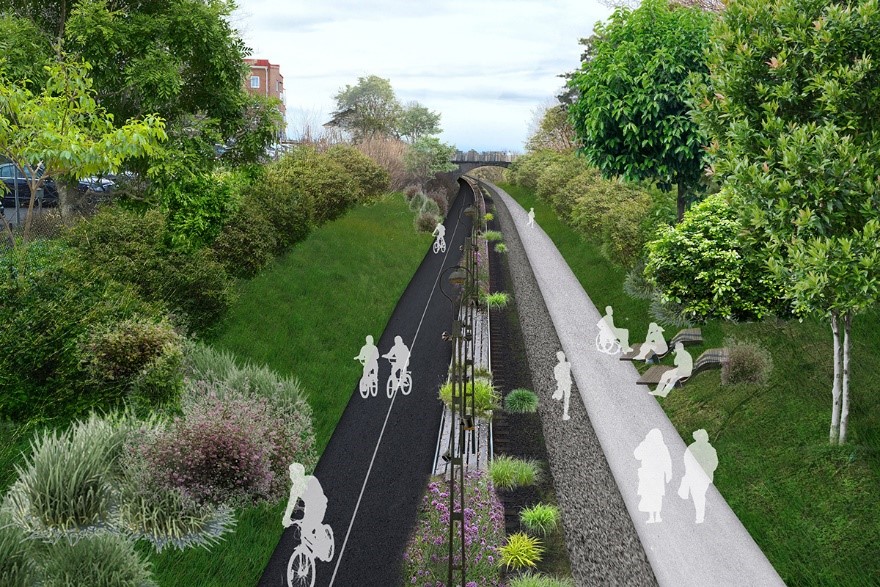
As the end of the second phase approaches, project partners summarise the implementation process of their action plan. Here is the story of Varberg..
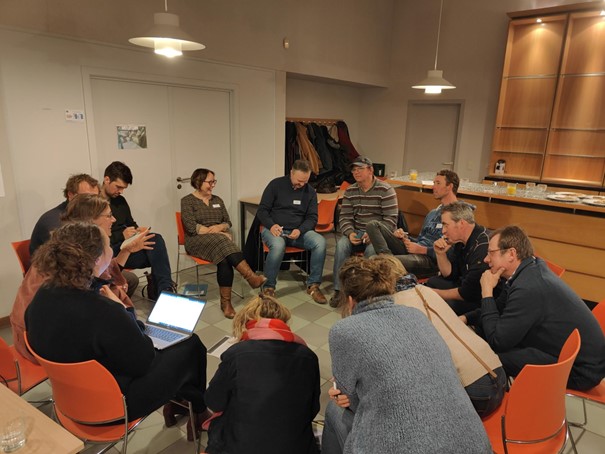
As the end of the second phase approaches, project partners summarise the implementation process of their action plan. Here is the story of Ghent.
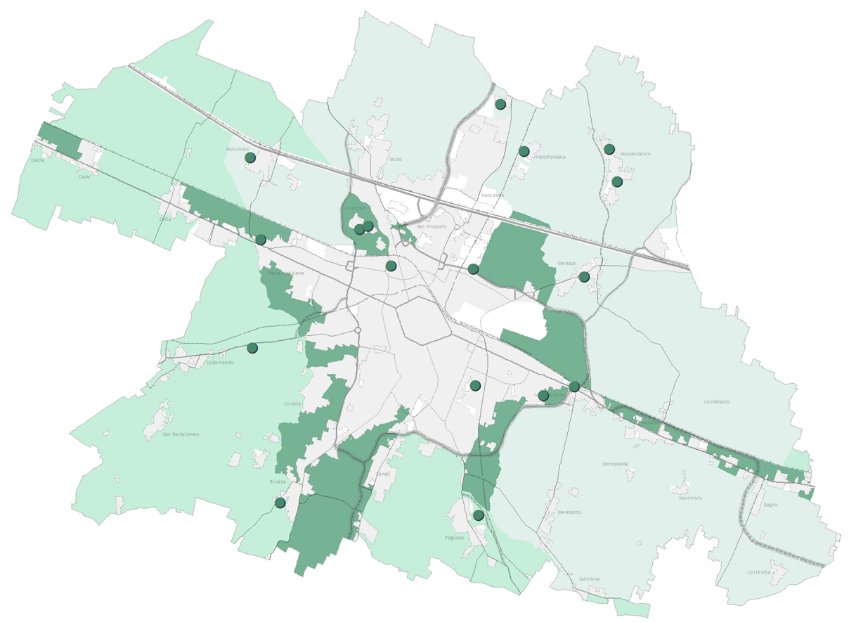
As the end of the second phase approaches, project partners summarise the implementation process of their action plan. Here is the story of Reggio Emilia.
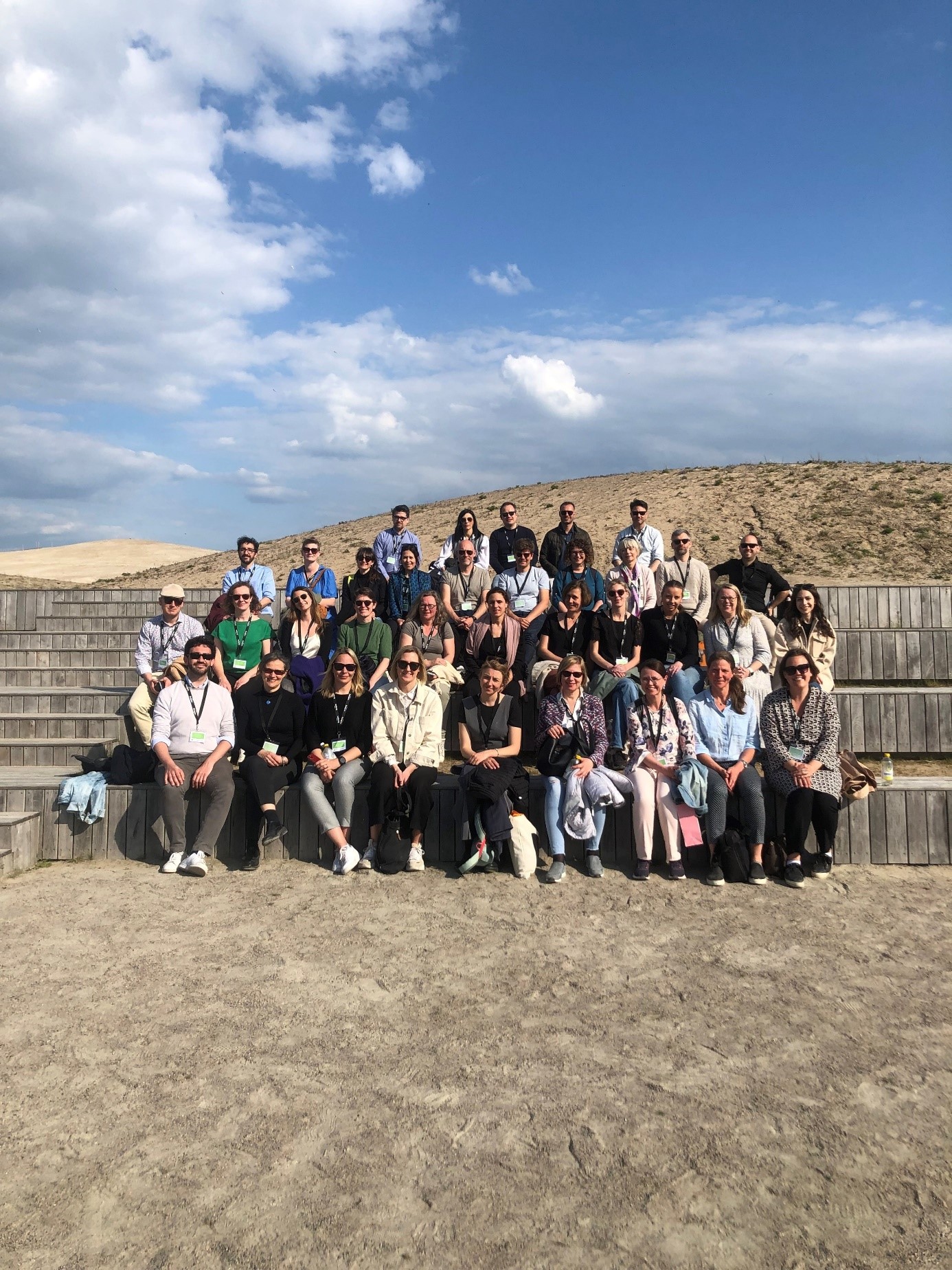
Between the 11th and 12th of May, the Final Event was held by the City of Varberg
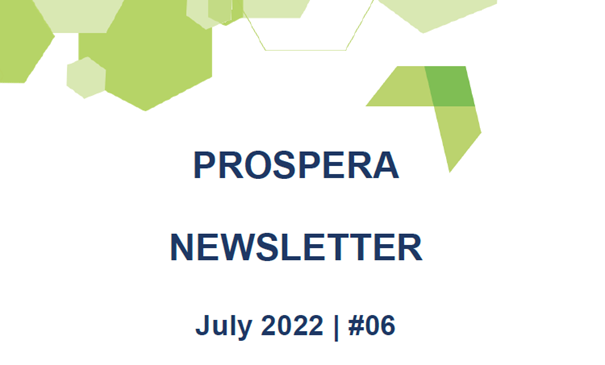
The sixth edition of PROSPERA e-Newsletter is now online!
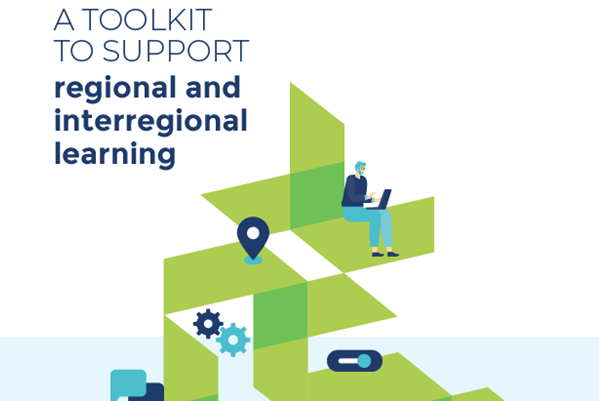
A report by ILVO, CRPA and E35 Foundation for the Interreg Europe project PROSPERA
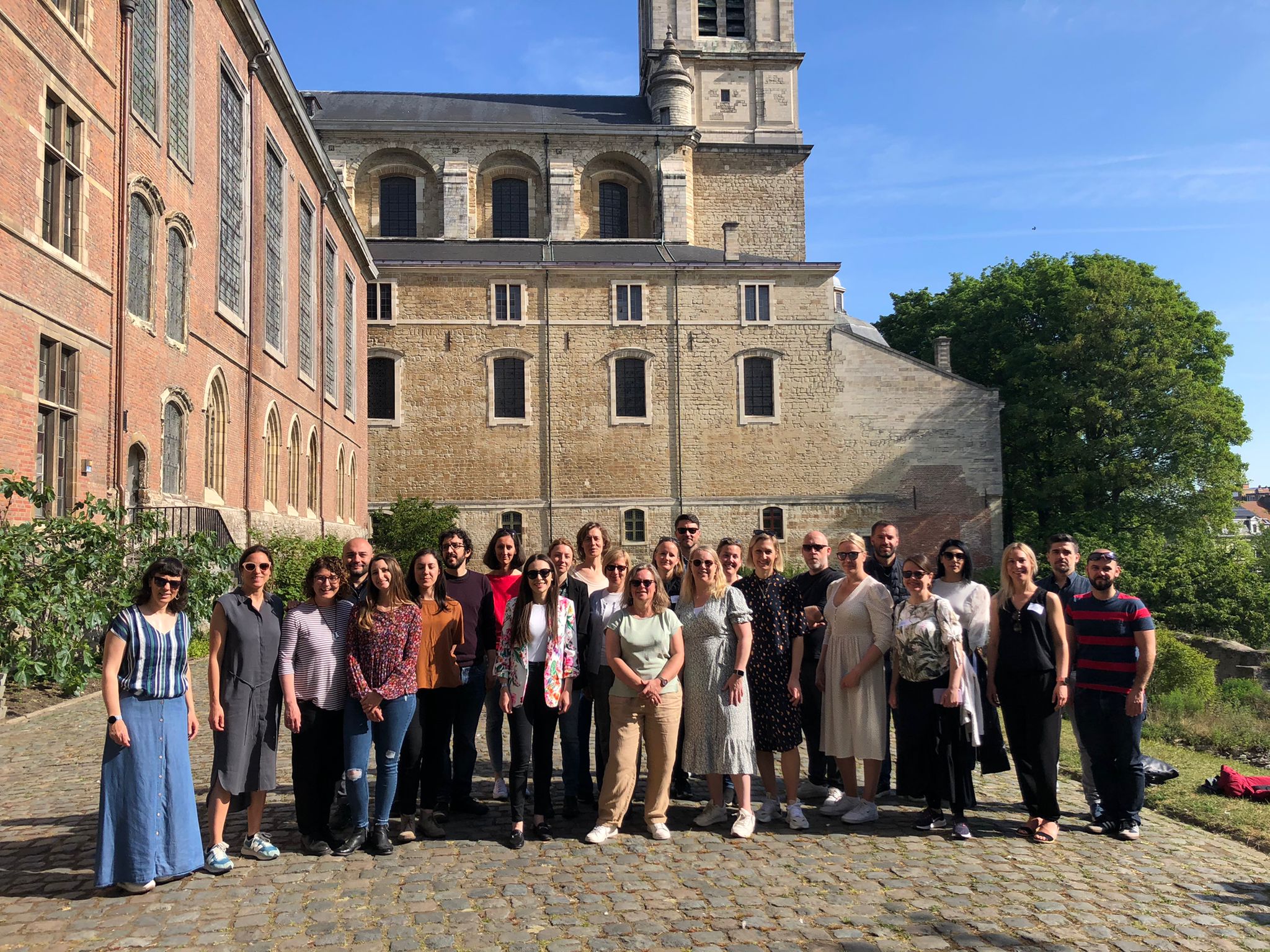
Project level press release of the project PROSPERA
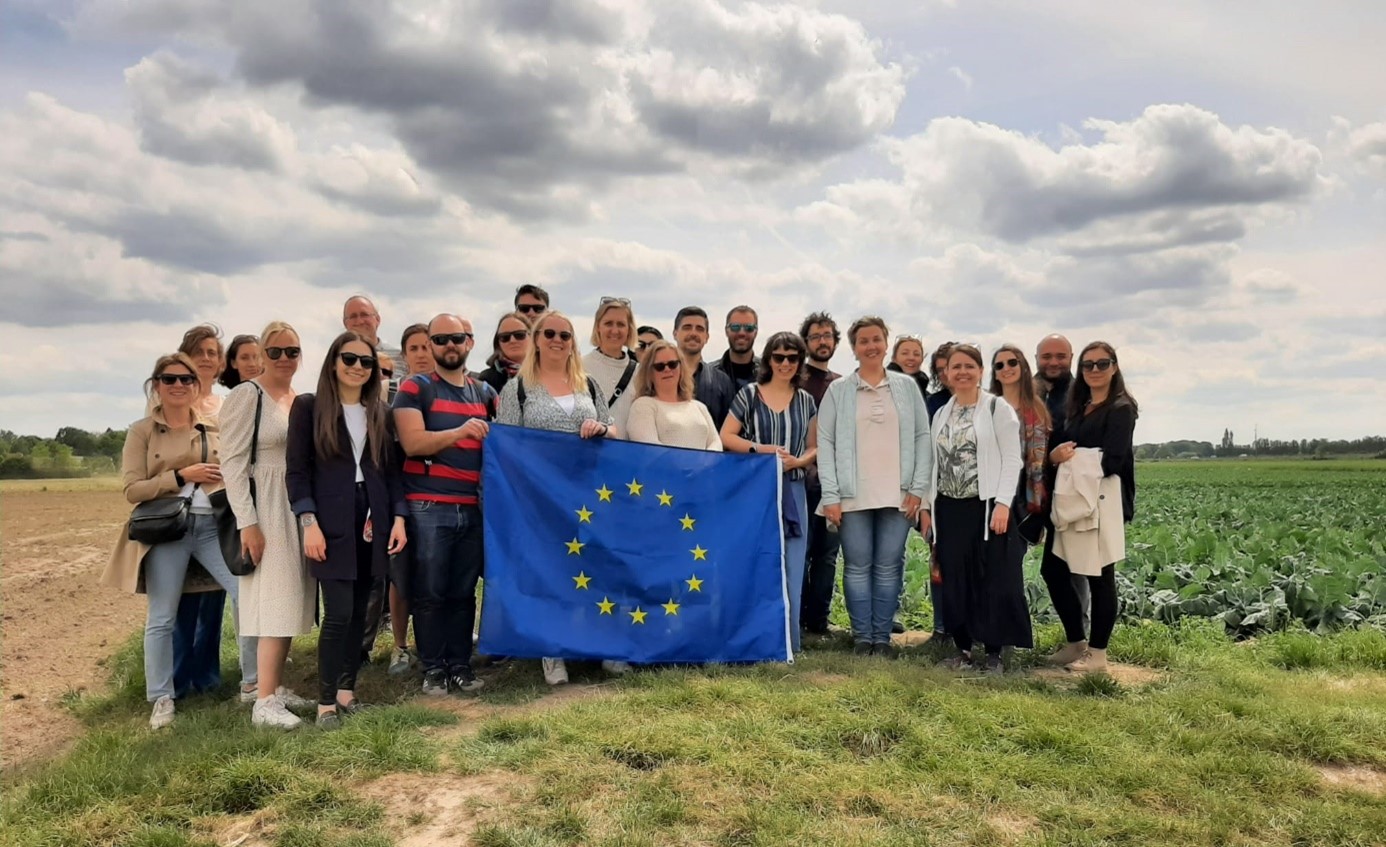
Between the 11th and 12th of May, the Final Event was held by the City of Ghent
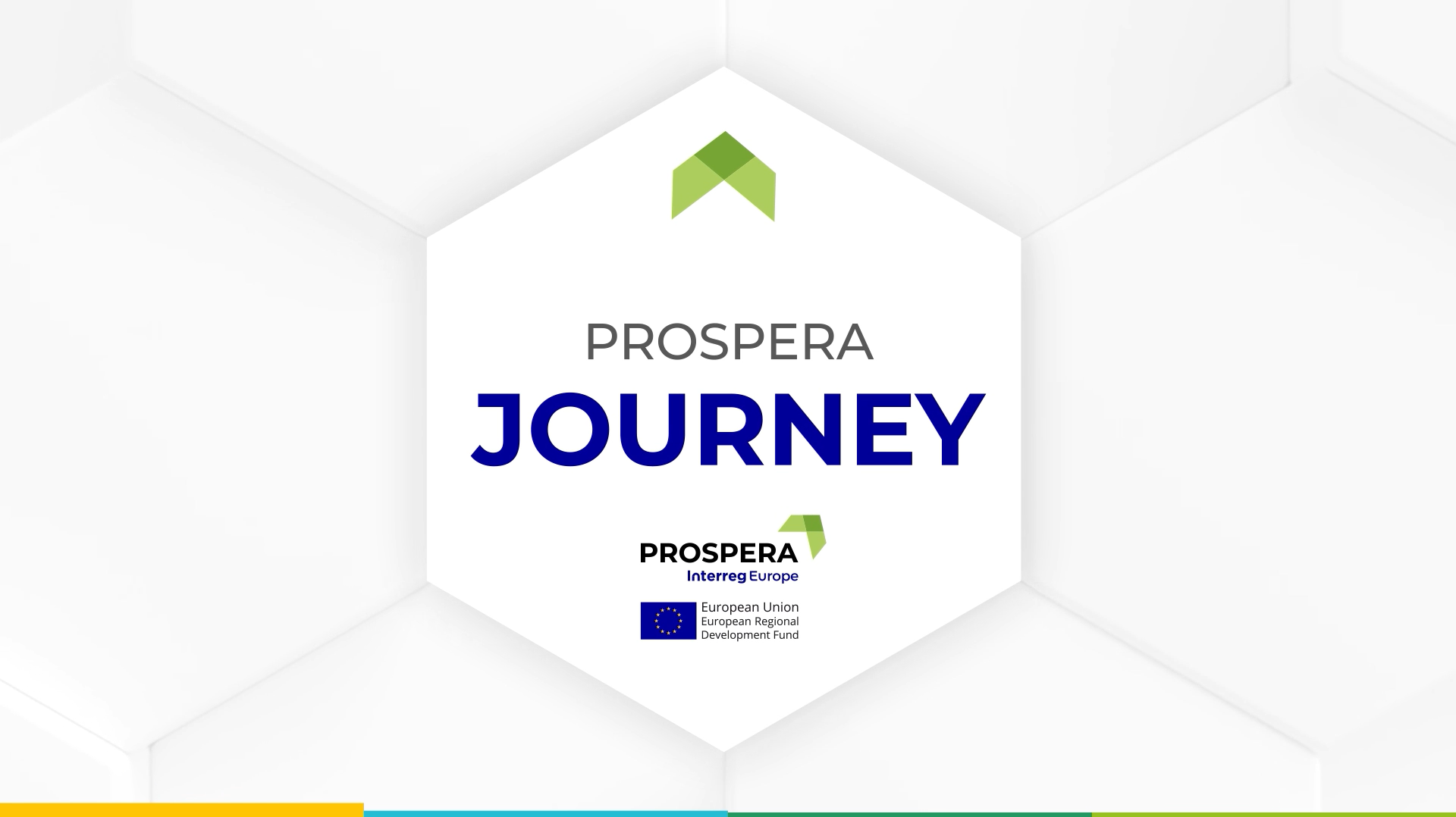
The final video-scribing is now available online